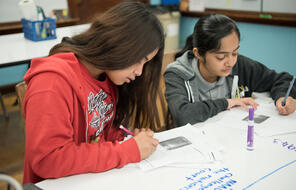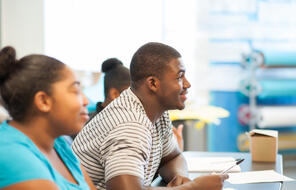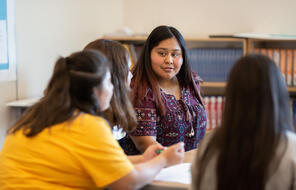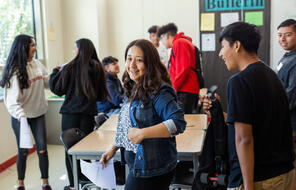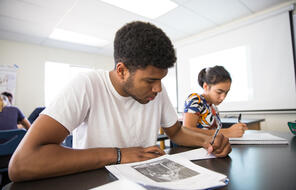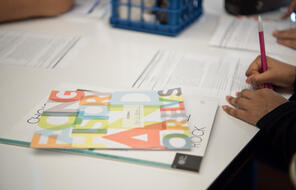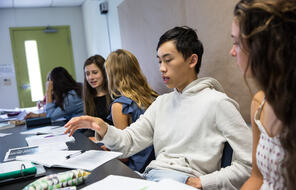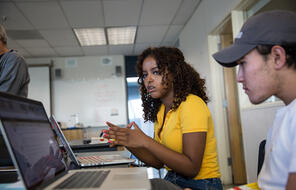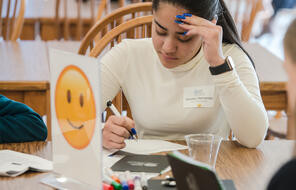Guide
Essential Questions for a Coming-of-Age Unit
These essential questions are designed to frame a Coming-of-Age ELA unit.
At a Glance
Language
English — USSubject
- English & Language Arts
- Culture & Identity
Get the Guide
The following Facing History essential questions are designed to frame a Coming-of-Age book unit. Each question invites students to wrestle with complexity as they engage their minds, hearts, and consciences in an exploration of the text and their own experiences. Consider which, if any, essential questions align with your anchor text and unit goals.
- What makes me, me? What story do I want to tell about who I am and what matters to me?
- What do I believe? What factors have shaped my beliefs as I’ve grown up?
- What individuals and experiences have shaped my beliefs about myself and the world around me?
- What does it mean to be a (insert label) ________ (boy, girl, gender-fluid person, immigrant, person with a disability, Latinx teenager, Jewish teenager, cisgender teenager, teenager in foster care, etc.)? How can I embrace, amplify, challenge, or escape this label?
- What do I stand for? Who/what do I stand up for?
- How can growing up and experiencing adolescence impact or change an individual’s identity?
- What are the internal and external factors that help shape identity? What aspects of my identity can I control and which aspects are impacted by other people, society, or circumstances?
- What does it mean to grow up? When does an adolescent become an adult?
- What does it mean to belong? How do I navigate the tension between my desire to fit in and my need to express my individuality?
- What is the relationship between who I am, who others think I am, and who I will become?
- What responsibility do I have to my family, friends, and community? What responsibility do they have to me? How might my understanding of my responsibilities toward others change as I grow up?
- Where do I see myself and my experiences in the stories that other people write and tell? Where am I missing from these stories? What is the story that I want to tell the world?
The resources I’m getting from my colleagues through Facing History have been just invaluable.
—
Claudia Bautista, Santa Monica, Calif

